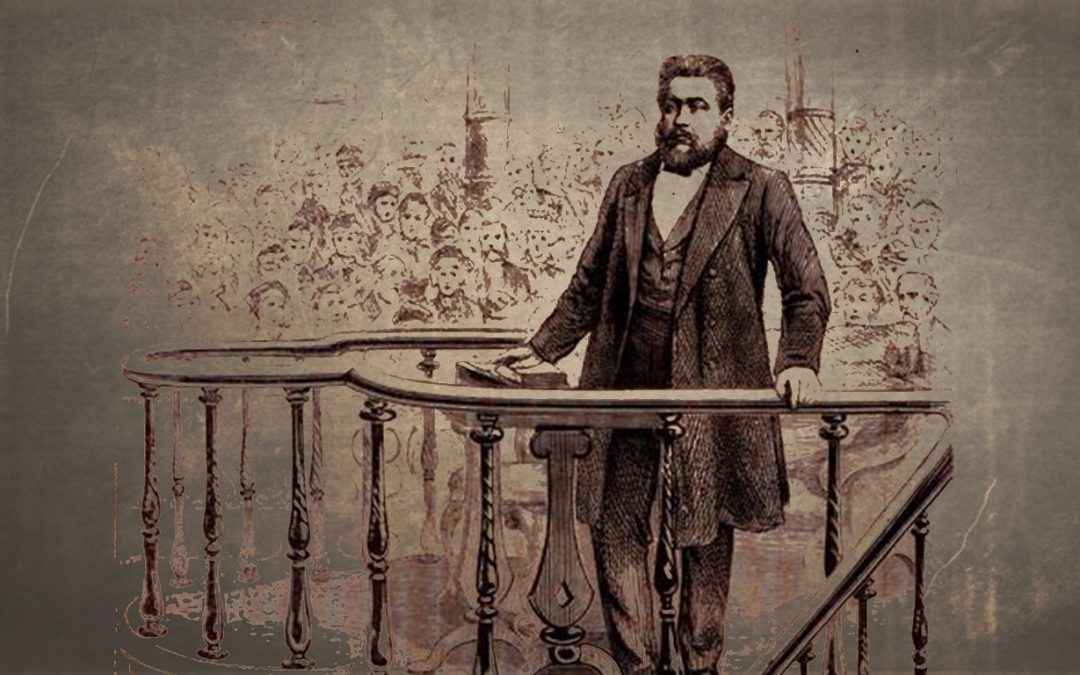
Which Way Western Man? Curiosity, Or Studiousness?
It’s 7 pm. The sun quickly hastens, hiding behind the horizon. My family and I sit in a restaurant just a few miles from home. As I look around at other tables, I observe something ominous, something sobering: Very few people speak to one another. Knecks angled down, eyes overshadowed by hair or brow, most people stare at their phones.
Does this sound like a familiar situation?
Whether we’ve noticed it in ourselves or others, if you’re not living under a rock, chances are you’ve experienced something similar. Mindless scrolling. Cheap laughs. No interpersonal communication. It’s a sad state of affairs. And it would be even sadder if there weren’t an explanation. But there is an explanation. Ready for it?
Studiousness has been exchanged for curiosity.
This has always been a problem in society, even prior to the modern age. But our technological achievements have unfortunately favored curiosity rather than studiousness with endless videos, audible reading, podcasts, news feeds, and so on. These things aren’t bad in and of themselves. And I’ll say something more about their proper use in a moment. But the vicious habit of curiosity is virtually the default mode of education today. And this is a major problem.
So, what do we do about it?
Before we answer this question, we have to first understand what curiosity is and how it differs from studiousness. We also have to understand something of the extent to which curiosity fails to yield the same fruits as studiousness.
“Curiosity Killed the Ca…” Man!
Curiosity is deadly. But why?
As Eve gazed upon the mysterious forbidden fruit, the Serpent worked his sales pitch. “Did God really tell you not to eat this?” he asked. (Gen. 3:1) He even went so far as to register a baldfaced lie in total contradiction to God’s own words. “You won’t die!” the Serpent added. Eve’s interest peaked. The Bible says the “woman saw that the tree was good for food, that it was pleasant to the eyes, and a tree desirable to make one wise…” (v. 6)
Whatever was involved in Eve’s decision-making process, curiosity was certainly at the forefront. But how? Isn’t curiosity harmless? Not quite. Thomas Aquinas gives an expansive fourfold definition of curiosity which just adds some additional descriptive power to what essentially took place in the Garden and continues to characterize our now-fallen situation. Thomas says that curiosity consists of a wrongly ordered desire to know the truth. And there are four marks he offers by way of description.
First, when someone decides to study something less profitable than that which they are more obliged to study. For example, I’m a pastor. I have an obligation to study and to show myself approved, and this is for the edification of the sheep. However, if I’m consumed by scrolling social media rather than fulfilling the work of the ministry, I am engaging in curiosity. On this point, Jerome wrote, “We see priests forsaking the gospels and the prophets, reading stage-plays, and singing the love songs of pastoral idylls.” (ST.II-II.Q167.A1.C.3)
Second, when man studies something which he is not supposed to know. For example, when man tries to discern the future or speak with the dead through a medium. Thomas calls this “superstitious curiosity.”
Third, when someone desires to know the truth about the world or anything in the world without referring all his knowledge to its proper end which is, ultimately, the knowledge of God. If the knowledge of created things does not bring a person to reflect upon God and His glory, then man engages in curiosity. Knowing something without doing so to God’s glory is, perhaps, the clearest expression of curiosity.
Fourth, when man tries to study that which lies beyond his own intellect, and so then engages in fruitless speculation, he is engaging in the sin of curiosity. In this case, the distinction made in Deuteronomy 29:29 is blurred, “The secret things belong to the LORD our God, but those things which are revealed belong to us and to our children forever, that we may do all the words of this law.”
In Eve’s case, all four kinds of curiosity are present. First, she desired to know something that was less profitable to her than what she had been created to do. Second, she was forbidden from eating the fruit, and so this was knowledge off-limits to her. Third, she obviously did not want to glorify God in such knowledge, but only to glorify herself. Hence, the Serpent’s enticement, “You shall be like God.” And fourth, she pursued knowledge that was beyond her capacities, that is, she wanted to do the impossible—become her own God. And this led only to folly.
Curiosity killed the man and with him the whole human race!
Studiousness Is Life-Giving
Proverbs 19:8 reads, “He who gets wisdom loves his own soul; He who keeps understanding will find good.” Studiousness and curiosity can look the same. Both involve the pursuit of knowledge and wisdom. However, what differentiates the two is the purpose for which knowledge and wisdom are sought.
On the one hand, curiosity induces one to vanity in (1) the study of something inferior to what one needs to study, (2) the study of something forbidden, (3) the study of the world for the world’s sake rather than God’s, or (4) the prideful study of that to which we cannot attain.
On the other hand, studiousness is a virtuous study of (1) the truth we need to know and are most obligated to know, (2) the truth commended for us to know by God, both through the natural world and Scripture, (3) study of truth unto a higher knowledge of God and divine wisdom, and (4) the humble study of that which we have the capacity to learn, i.e. not trying to study that which clearly lies beyond our grasp.
Curiosity leads to all sorts of dead ends. The truth may be apprehended, but it will never be known for the proper end nor appropriately applied by the understanding. Furthermore, curiosity often leads to a drought of knowledge altogether, since it sometimes attempts to know what is beyond the knower’s capacity. In this case, it’s vulnerable to imbibing falsehoods similar to those Eve entertained from the mouth of the Serpent.
Studiousness is the properly ordered pursuit of knowledge unto the glory of God. And it’s really studiousness that serves as the proper disposition according to which we might know and learn Christ. Curiosity lends itself to the apprehension of historical faith if that. But studiousness is the fruit of saving faith and is thus to be desired by all Christians.
Back to That Restaurant We Were at Earlier
Dropping all the above into our contemporary context…
As we look around at the zombified restaurantgoers obsessed with their phones, Would we say our society is mostly occupied with studiousness or with curiosity?
I’ll let you be the judge of that. But for my part, the speed of information, the perpetual immersion of society into its smart devices, along with a culture virtually identified with its social media status has me answering: Curiosity.
Don’t get me wrong, much of our technology has great potential to be used for the glory of God. Phones might be used to check up on loved ones. Social media can be used for the transmission of the gospel and for various forms of networking. There are countless ways in which we could transcend the many vulnerabilities of our technological age. But in order to do that, we have to be able to identify curiosity, avoid it, and instead employ our technology in a way that fruitfully serves a habit of studiousness.





